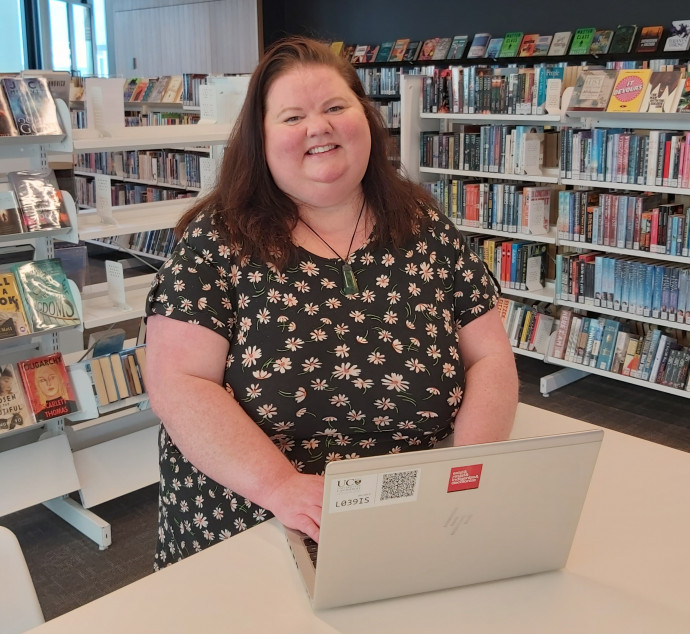Hilary Dutton

2021: Dr Hilary Dutton (Ngāti Tūwharetoa), University of Canterbury, has been awarded a Rutherford Foundation Postdoctoral Fellowship for research entitled: ‘Youth experiences of self-disclosure in youth-adult helping relationships.’
A critical ingredient for rangatahi (youth) resilience and wellbeing is having at least one caring adult in their life. This serves as the basis for community services like youth work, mentoring, and tuakana-teina (older sibling-younger sibling) programmes where adults are paired with young people to support their positive development. Despite good intentions, evidence suggests that many youth-adult helping relationships end prematurely and can even have a negative impact on the young people they intended to support. To reduce the potential of these relationships ending, more research is essential.
Dr Hilary Dutton locates her research kaupapa in this space. She sees an opportunity for impact at individual and community levels using effective communication and whakawhanaungatanga (relationship building). Dr Dutton concentrates on an important aspect within relationship development: self-disclosure; when a person decides to share personal information about themselves to another person to build trust and closeness. Her proposed research will explore rangatahi experiences of self-disclosure in their relationship with a helping adult. By prioritising the voices of rangatahi, this research is unique in its potential to significantly advance current understandings of these types of relationships.
Using activity-based interviewing techniques, rangatahi will share their experiences of self-disclosure in their helping relationship, the impact it had on them, and what adults can do to support self-disclosure. This innovative research will inform training initiatives for youth practitioners from a young person’s perspective to further develop adult interpersonal skills and, as a result, enrich and sustain their relationships with rangatahi. In doing so, this project will contribute to long-term impacts associated with effective youth-adult helping relationships, maximising the positive influence caring adults have on the wellbeing of rangatahi in Aotearoa.
